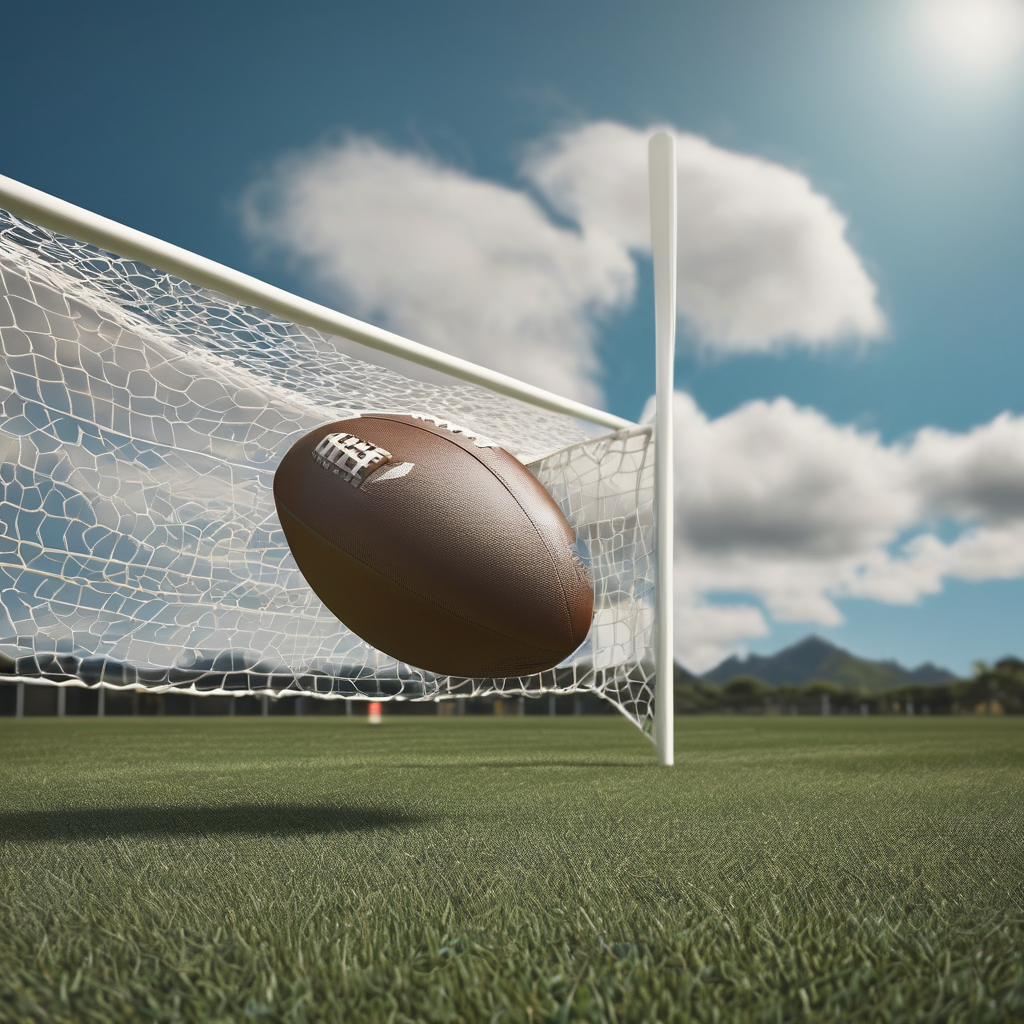International Rugby League chief Troy Grant has reaffirmed that the eligibility rules for the sport will remain unchanged, emphasizing that the current framework has set rugby league up for success as it approaches the 2026 World Cup. Recent Test matches saw an impressive turnout, with over 120,000 fans attending events around the world just last weekend.
The upcoming World Cup is anticipated to be one of the most thrilling in history, with countries like Samoa and Tonga emerging as formidable contenders expected to draw significant crowds. Samoa’s recent achievement of reaching the World Cup final, combined with Tonga’s stunning victory over New Zealand in last year’s Pacific Cup, showcases the rising competitiveness of these teams on the international stage.
This success has sparked a debate about the eligibility rules, particularly with calls from influential figures such as coach Wayne Bennett to limit players to representing only one national team throughout their careers. Currently, players are allowed to switch national allegiances annually, barring those from tier-one nations—Australia, New Zealand, and England.
The existing rules have facilitated players such as Payne Haas to transition from representing Australia to Samoa, following in the footsteps of prominent athletes like Andrew Fifita and Jason Taumalolo, who have switched to Tonga since 2017. While Bennett advocates for such changes to be restricted, Grant has made it clear that he believes the current system broadens the talent pool for national teams, asserting, “The way it is is obviously working. Why change something that is working?”
Samoa’s coach Ben Gardiner cautioned against altering these eligibility rules, describing any proposed changes as “archaic” and potentially harmful to the competitiveness that currently defines international rugby league. Although there have been discussions about raising Samoa and Tonga to tier-one status, Grant clarified that such suggestions misunderstand the criteria, which prioritize off-field governance rather than solely on-field performance.
The 2026 World Cup will kick off in Sydney on October 15 and is set to culminate in a thrilling final at Suncorp Stadium in mid-November. The tournament will feature ten teams divided into three groups for the preliminary rounds, setting the stage for a competition brimming with anticipation.
In summary, rugby league is riding a wave of excitement, particularly with emerging nations influencing the competitive landscape, as preparations for the much-anticipated 2026 World Cup continue to gain momentum.
